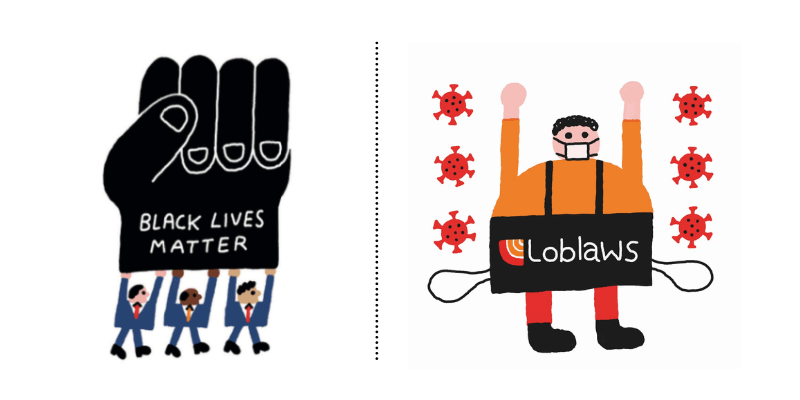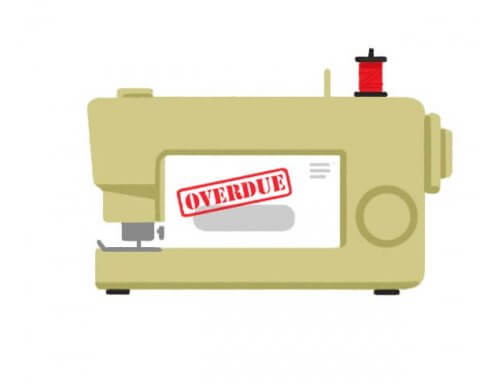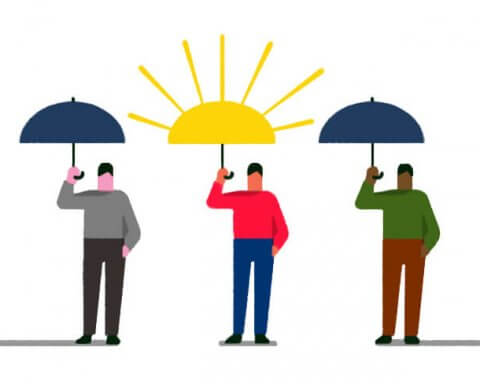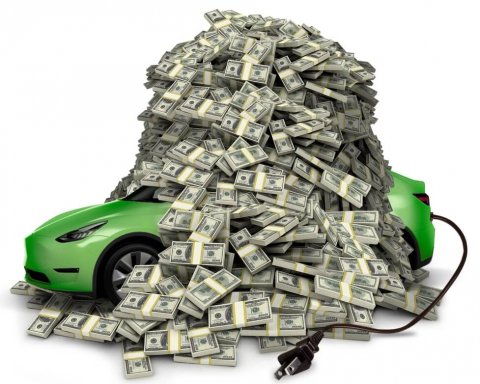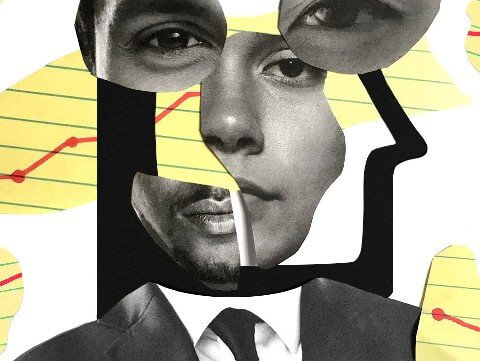Corporate leaders tend to shy away from taking sides on hot issues, fearful of losing customers, suppliers and influence in the corridors of power. But sitting on the fence has itself become a risky option in an age when companies’ performances are increasingly judged by more than quarterly earnings.
That new reality is evident in the business world’s response to the snowballing Black Lives Matter movement. Polling indicated that most Americans were opposed to BLM when it started taking hold in 2013. But in the weeks following the police killing of George Floyd in Minneapolis in May, BLM supporters had come to outweigh opponents by 28 percentage points, according to a survey by Civiqs, an online research firm.
Business reaction has hardened from feel-good statements against racism to more tangible measures with a longer-lasting impact. Netflix has promised to earmark 2% of its cash holdings – up to US$100 million – for banks to “directly support Black communities in the US.” That’s in addition to the US$120 million that Netflix CEO Reed Hastings donated to historically Black colleges and universities two weeks prior. Netflix has also added a Black Lives Matter genre to its lineup, celebrating the work of Black artists and Black history.
The power of social media has undoubtedly played a key role in shaping the response. Three of the United States’ biggest retailers – Walmart, Walgreens and CVS – said they would no longer display African-American beauty products behind locked glass after Twitter lit up with images of juxtaposed photos: one of easily accessible generic beauty products, the other of locked-away items aimed mainly at Black customers. One month later, Walmart also committed US$100 million over five years to create a new centre on racial equity.
Several companies have set specific targets for broader representation in their senior ranks.
Google, for example, has pledged to boost its leadership diversity by 30% within the next five years, in addition to pledging US$175 million to Black businesses and start-ups.
There is still a long way to go. While Black people make up about 13% of the U.S. population, they hold just 3.2% of executive and senior management positions and fewer than 1% of Fortune 500 CEO spots, according to the Center for Talent Innovation. Corporate Knights found that less than 1% of corporate leaders at TSX 60 companies are Black.
Zero
Yes, it is possible to go from Hero to Zero in a few short months. Just ask the workers at Walmart, Loblaws – Canada’s biggest supermarket chain – and the U.K.’s Tesco and Marks & Spencer, among others.
As the COVID-19 pandemic broke in early spring, food retailers lauded the contribution of cashiers, shelf-stackers and warehouse staff by jacking up their pay and benefits as compensation for the risks they were taking to get food to our tables. The typical raise was 10 to 15%, or about two dollars an hour.
Alas, Hero Pay did not last long.
By June, most of the companies had rolled back the increases. Loblaws chairman Galen Weston justified cancelling the “temporary pay premium” on the grounds that “things have now stabilized in our supermarkets and drugstores. After extending the premium multiple times, we are confident our colleagues are operating safely and effectively in a new normal.”
Some employers sought to soften the blow with other benefits. Loblaws added a one-time $160 bonus to workers’ July pay, pro-rated to a 40-hour work week. Walmart offered extra counselling services and higher staff discounts on purchases.
Not surprisingly, the workers, many of them at the bottom of the pay scale, are nonplussed. “The pandemic is not over,” noted Jerry Dias, the president of Unifor, Canada’s biggest private-sector union. “The danger has not passed. These workers are no less at risk and are no less essential today than they were yesterday.”
It’s not as if the employers could no longer afford to be generous. Empire Co., the Canadian group behind the Sobeys, FreshCo and Safeway chains, hiked its dividend less than a week after chopping its Hero Pay program. The company reported a 47% jump in net earnings for the quarter ended August 1.
Two dollars an hour may not be a huge amount of money – either for those giving or receiving it. But the extra wages did signal respect and appreciation for a group of workers who enjoy few other perks of corporate life and have exposed themselves to greater risks than most others outside the healthcare sector.
This was a perfect opportunity to narrow the widening gap in pay between those at the top and the bottom of the corporate ladder. Too bad that the grocers weren’t heroes for long.


